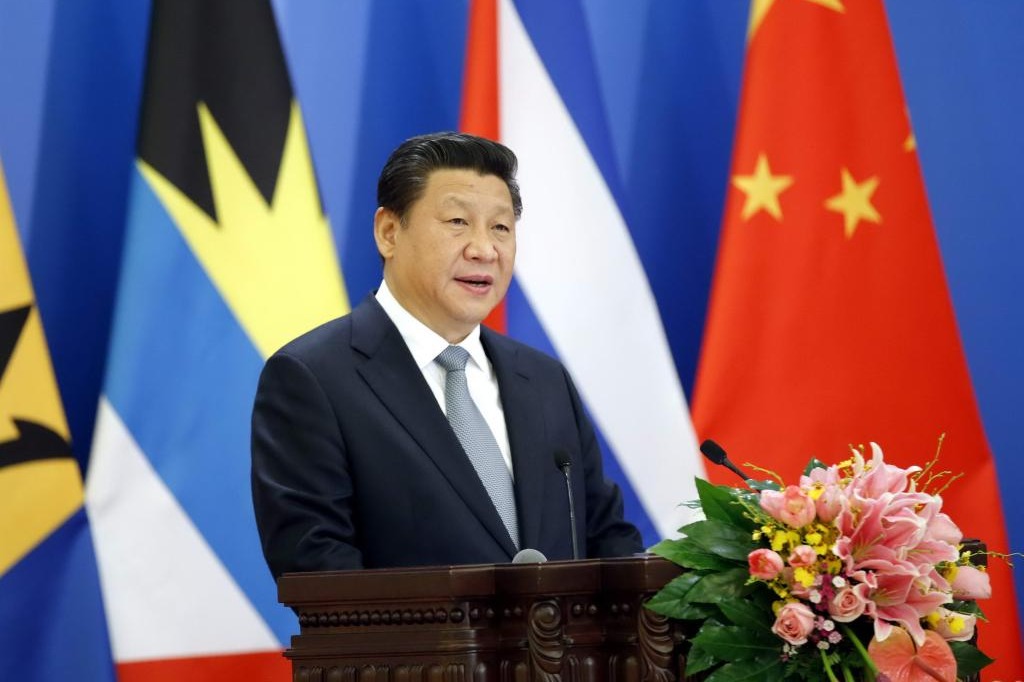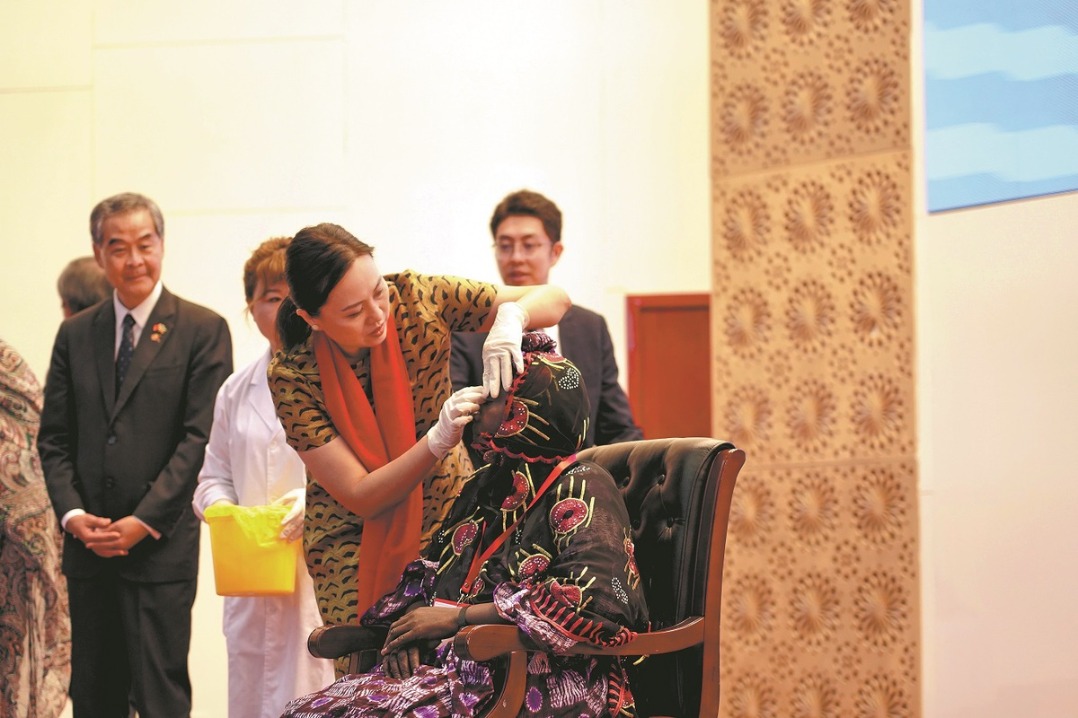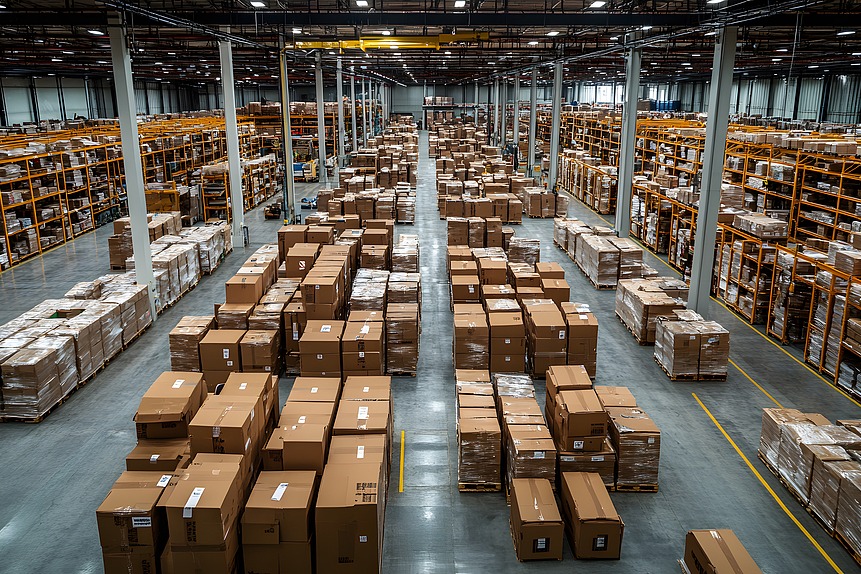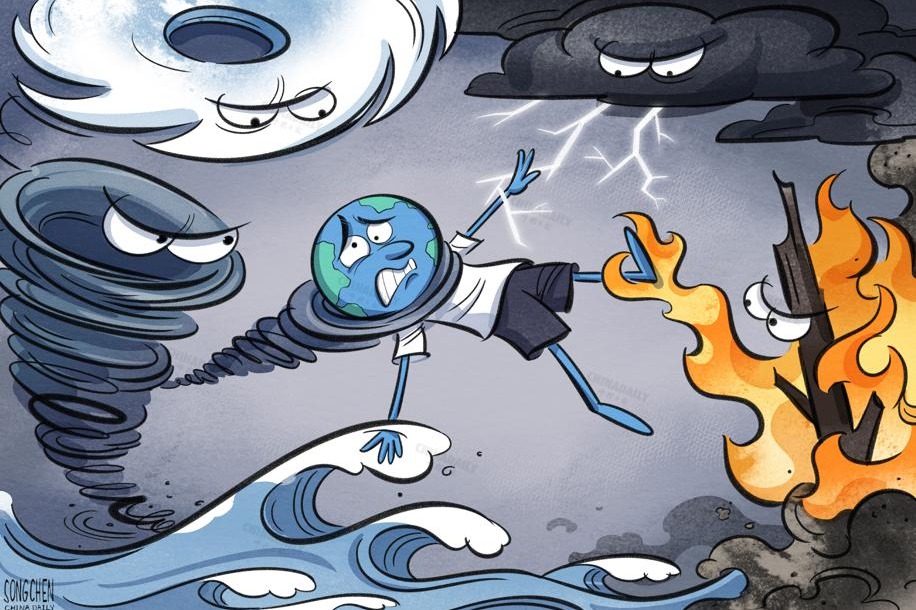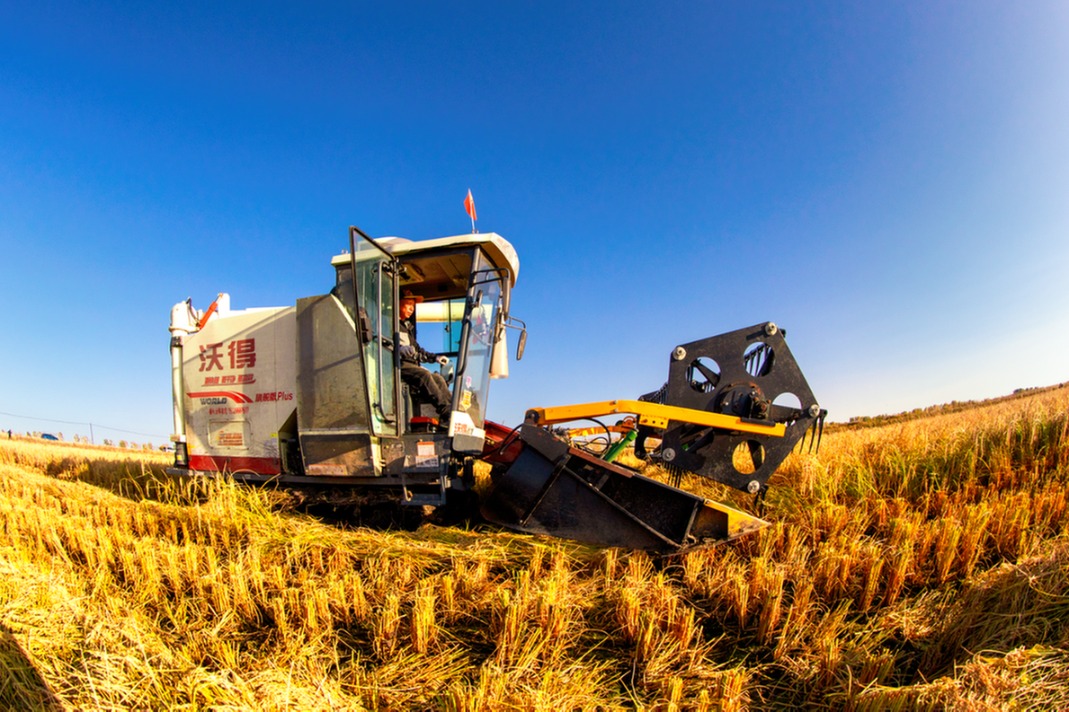Brutal US sanctions worsen suffering of Afghan people


News reports about the humanitarian crisis unfolding in Afghanistan in the past weeks are appalling and, at the same time, heart-wrenching: more than half of the 39 million people in the country are starving, thousands of infants suffering from malnutrition, a father selling his kidney in order to feed his children, some parents selling a child for only $500 so they can feed their other children...
This grave crisis has befallen Afghanistan within five months of the United States pulling its troops out of the country after almost 20 years of occupation. The COVID-19 pandemic, the economy in free fall, the worst drought in decades in most parts of the country, the brutal winter, shortage of aid in a country which has largely depended on international aid for years, the lack of international recognition and economic sanctions on the Taliban government, and the freezing of some $9.5 billion of the Afghan central bank's assets by the US have combined to cause the severe humanitarian crisis.
But the US bears much of the responsibility for all of that.
Last week, the United Nations launched its biggest humanitarian appeal for any country, calling for more than $5 billion this year for Afghanistan. UN Secretary General Antonio Guterres warned that the world is "in a race against time to help the Afghan people".
"Freezing temperature and frozen assets are a lethal combination for people of Afghanistan," Guterres said in his appeal to the US to unfreeze Afghanistan's assets.
On Tuesday, Bernie Sanders, a Democratic US Senator from Vermont, urged the Joe Biden administration to immediately release the billions of dollars of frozen assets to help avert a humanitarian catastrophe and prevent the deaths of thousands of people in Afghanistan.
In the Afghan capital of Kabul, protests have erupted outside the shuttered US embassy, with people calling for unfreezing of Afghan assets, some holding banners reading "Let Us Eat". But such calls are likely to fall on the deaf ears of the Joe Biden administration because the US debacle in Afghanistan is a sensitive political issue at home, especially in a midterm election year.
True, the release of frozen assets by the US will not solve all of Afghanistan's problems, but it can help the war-torn nation to address the urgent humanitarian issues.
Pointing fingers at the Taliban government for violating women's rights, including women's education rights, and raising concerns over corruption, no matter how legitimate, should not be an excuse for not taking action, such as unfreezing of assets, to end the sufferings and possible deaths of tens of thousands of people.
The freezing of Afghan assets and the economic sanctions have rubbed salt into the wounds of the Afghan people who have suffered four decades of wars. The economic sanctions imposed by the US and some other Western countries have deterred many people and organizations from providing aid for Afghanistan for fear of being punished. Such Western measures can only be described as brutal, for they are choking Afghanistan and the Afghan people, whose economy has been heavily dependent on international aid and government budget largely funded by foreign donors.
Besides urgently addressing the current humanitarian crisis, the international community should also work together to help rebuild the Afghan economy to ensure Afghanistan becomes a peaceful, independent, stable and prosperous country.
The call on Wednesday by Afghanistan's acting prime minister Mohammad Hassan Akhund for the international community, especially Islamic countries, to recognize the Taliban government is a reasonable one, and the global community and leaders should heed it to prevent a humanitarian catastrophe.
The humanitarian crisis in Afghanistan is a shame for the whole international community and for people across the world if we choose to ignore it no matter on what pretext.
The author is chief of China Daily EU Bureau based in Brussels.



















